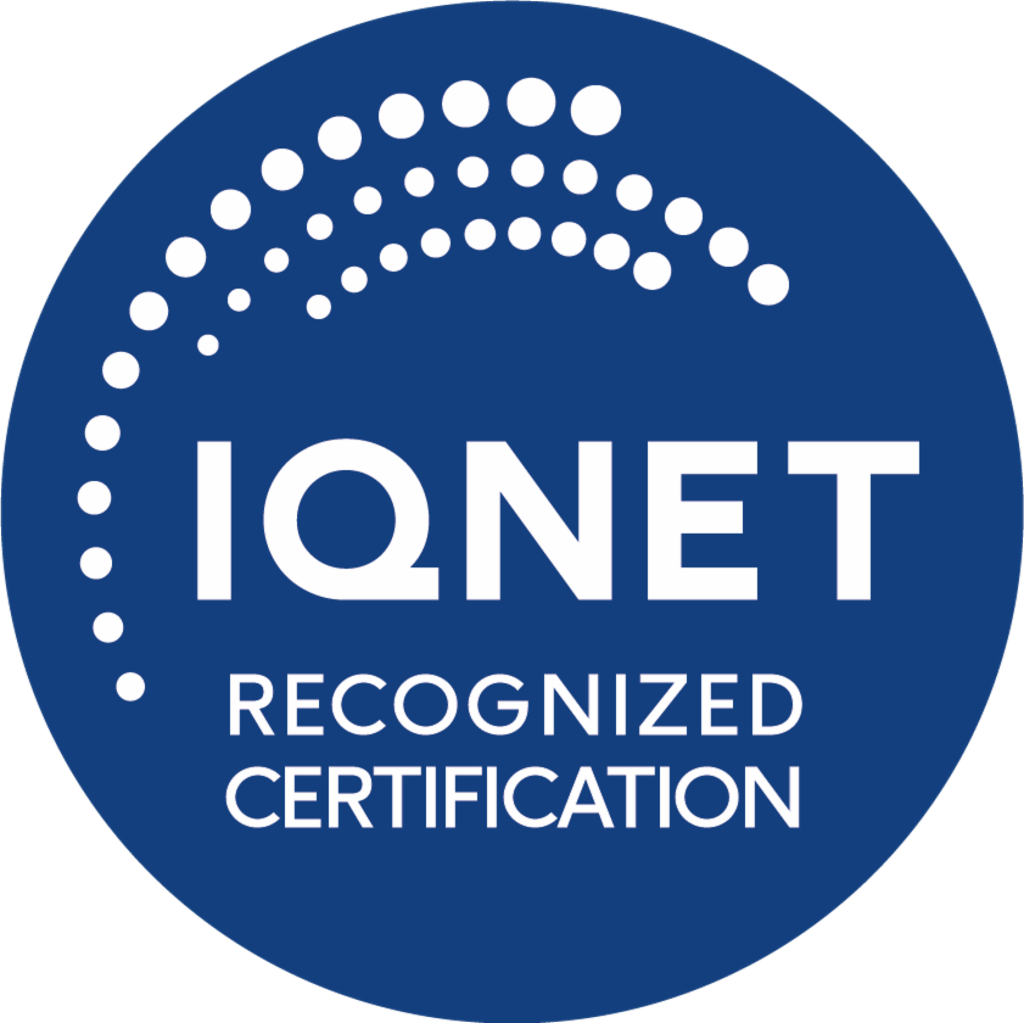Europe’s citizens are open to selling their data.
One in three consumers in Europe is willing to sell their data. This was one of the insights from the representative EOS survey “What’s the value of data?”. Consumers expect companies to handle their information responsibly and to offer them attractive compensation for it. This means that there is great potential for companies to do business with data.
- Reliability: The majority of respondents stated that they were willing to sell their data to trustworthy companies.
- Trade-off: More than a third of consumers are in favor of being compensated for their data.
- Potential: The willingness to disclose data actually surpasses demand in some cases.
In many places in China, the “transparent consumer”, and being recompensed for your data, have become a reality. Paying in a restaurant, making a hairdressing appointment, calling a taxi or taking out an insurance policy or a bank loan: All this and more can be done using apps like Alipay and WeChat, and for people in China this is simply part of their everyday routine. The apps collect and process their customers’ data. They know what clothes they prefer to buy, where they regularly eat out, which brands they like or what their hobbies are. Customers in turn receive discounts and small gifts for disclosing their data – and can be approached with personalized offers. It’s a transaction based on reciprocity which shows that in the digital environment, data like date of birth, address, health details or purchasing behaviors have become a key economic asset and a strong currency. It is therefore only fitting that there is a lot of public discussion about the handling of data and potential for it to be used by companies.
Consumers are more willing to disclose data to companies they trust.
Although it is certainly the case that China is an extreme example of the willingness of consumers to reveal their data, in Europe (61 percent), the USA (62 percent) and Russia (70 percent) people also believe that companies should offer consumers compensation for the use of their information. Data as currency, in other words. This was one of the findings of a recent representative survey in 17 countries on the topic “What’s the value of data?”, which was conducted by financial services provider and investor EOS and market research institute Kantar.
The willingness of consumers to share personal information with companies depends on how much they trust them to handle the data, and above all to comply with statutory regulations. The EOS survey reveals that a clear majority of consumers are willing to sell at least one item of personal information to a trustworthy company. This was the case for 82 percent of respondents in Europe, 75 percent in the USA and 90 percent in Russia. As compensation, more than half of respondents expressed a preference for material rewards and discounts, whereas only one in five found offers of services attractive. In this context, people make a clear distinction between different kinds of information. Bank data is regarded as especially sensitive, with only 8 percent of respondents in Europe willing to share these details for payment. Consumers are least concerned about sharing their purchasing decisions or information on preferred brands and products. In Europe, 68 percent of respondents stated a willingness to disclose this kind of information for payment.
Data helps to get collection cases resolved sooner.
It is worthwhile for companies to encourage their customers to reveal information. The importance of this data for developing new products or enabling more individualized analysis of customer needs or more targeted marketing is obvious. But even post-purchase data analyses can be useful, for example if customers fall behind with payments. This is when receivables management comes into play, and here too, the more comprehensive the data available, the easier it is to produce an installment plan that best suits the customer’s personal circumstances, and the more likely they are to stick to it. This is why the EOS Center of Analytics uses machine learning algorithms to evaluate debt collection processes and define individual processing steps. Meanwhile, in many of the countries where EOS operates, installment plans are being produced on the basis of intelligent data analysis. “It is in the interest of all parties to conclude a collection case as soon as possible to save costs on both sides. And this is where data can help,” says Joachim Göller, Head of the Center of Analytics at EOS. “Because the better the chances of the payment agreement being met, the more likely it is for the creditor to get their money and for the consumer to become debt-free. So it really can be in the interests of a defaulting payer to disclose data.”

It really can be in the interests of a defaulting payer to disclose data, because the better the chances of the payment agreement being met, the more likely it is for the creditor to get their money and for the consumer to become debt-free.
Companies need to offer attractive forms of compensation.
As the EOS survey shows, one in five consumers has already been offered compensation to disclose certain data. In some cases, the willingness to reveal data actually exceeds offers of compensation by companies. “I think there are still significant opportunities and untapped potential here,” says EOS expert Joachim Göller.
About the representative EOS survey
“What’s the value of data?” 2020
The EOS survey “What’s the value of data?”, which was conducted in partnership with market research institute Kantar in the spring of 2020, is representative of the (online) population over the age of 18 in the 17 countries polled. A random sample of 1,000 respondents from each of the countries Belgium, Bulgaria, Croatia, Czech Republic, France, Germany, Poland, Romania, Russia, Serbia, Slovakia, Slovenia, Spain, Switzerland, the UK and the USA, and 300 respondents from North Macedonia, was used for the analysis. The survey participants answered questions on their personal handling and disclosure of data, their trust in companies, and their willingness to sell data for compensation.
Free white paper “What's the value of data?”
This survey is part of the international research of the EOS Group.
Download our comprehensive white paper (PDF)
Please contact us if you’d like further information.
EOS in Germany
Daniel Schenk
Head of Corporate Communications & Marketing Germany
Steindamm 71
20099 Hamburg
Germany
Photo credits: Getty Images, EOS / Sebastian Vollmert
The companies that certify us
We collaborate with leading organisations that validate our social commitment and maintain quality standards that make us a benchmark in the constant search for excellence and positive impact in our sector.




